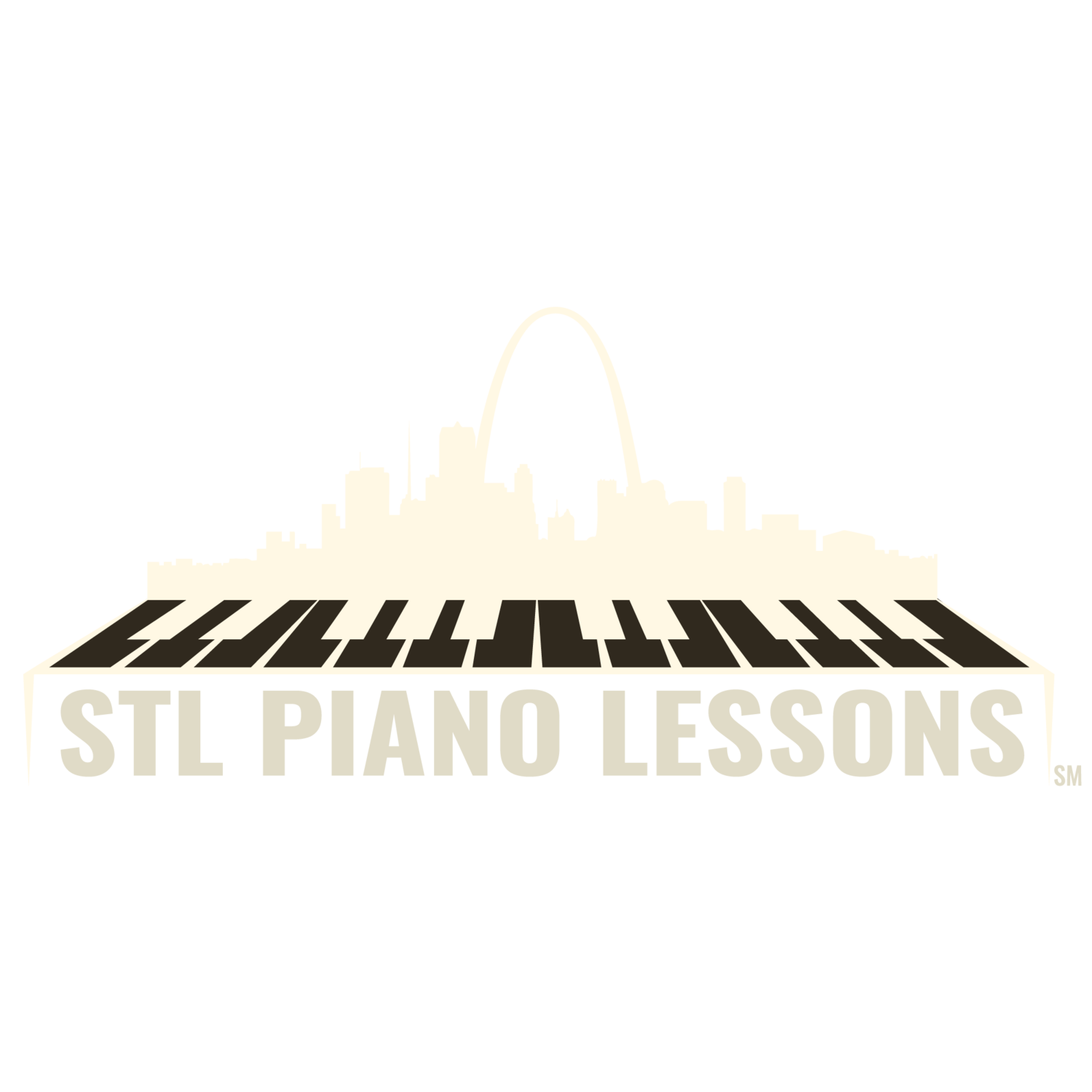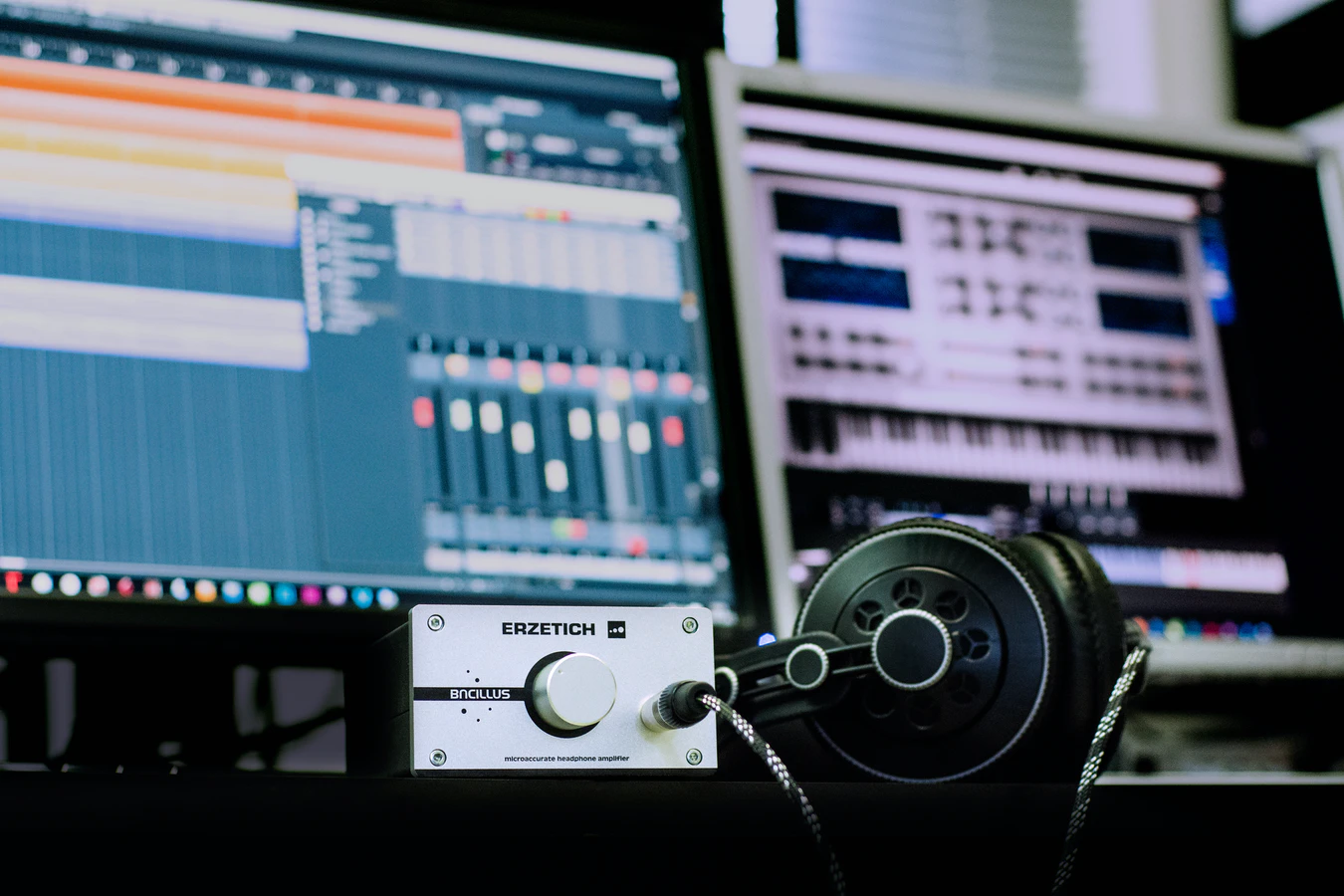We welcome all ages and all abilities! It’s never too late to begin or return to music and private lessons. We offer lessons both online and in-person at our Maplewood, Benton Park, and Maryland Heights locations in piano and a variety of additional instrument options, including voice, guitar, bass guitar, ukulele, drums, cello, saxophone, trumpet, organ, songwriting, and audio engineering.
Turn Your Home Into A Studio
Have you ever dreamed of having your own place at home to hone your craft? Whether it’s recording music, singing, or dancing, a studio of your very own can provide the opportunities galore. The following resources can guide you toward carving out the perfect space.
Consider the Benefits
You might be surprised at how much you can benefit from a studio in your own home.
A new home studio means you have a space to practice any time, and to reap the many health benefits performing offers.
You could even make money by teaching students in the space, which could be anywhere from $25 to $75 per lesson.
Don’t rule out the possibility of picking up online gigs as well.
You can even make it a flex room, doubling as a gym, office or whatever you need.
As if that isn’t enough, it’s an improvement project that can increase the amount your home is worth if you decide to sell down the road.
Decide on Space
Certain qualities can make a home studio superior.
Start by selecting an area where you won’t be interrupted and sound won’t be an issue.
Adding soundproofing helps; the average cost is $1,700.
Light the space appropriately.
Flooring is critical as well.
Tips and Hints
A great space is just the starting point. These little bonuses will make it all the better.
A more mobile experience is possible with handy apps.
Those with sound equipment should be alert to electrical concerns.
If you have other performers or students visit, keep sanitation and health in mind as well.
Learn how to play the piano in your in-home studio by taking virtual lessons from top musicians through STL Piano Lessons.
If you’re dreaming of an in-home studio, there are some great ways to make one yours. Decide on your space and outfit it appropriately, keep some handy hints in mind, and soon you’ll be reaping the benefits.
3 Ways Practice Has Changed My Life
If you'd asked me 2 years ago if I'd write a post like this, I would have laughed it off.
I have been a professional keyboard player for 20 years. During my undergrad in music composition, I remember practicing long hard hours until late in the night completing assignments and working on my music.
It wasn't uncommon for me to work from 10 p.m. to 5 a.m. practicing, only to get up at 7 a.m. I would go to class at 8 a.m. and then repeat that cycle. ( Oh, to be young again! )
After my undergrad, I began to be very complacent about my skills. I only practiced when it was necessary for upcoming performances.
Then everything changed.
I started getting work with players that were much better than I was. I was recording often, and I wasn't liking what I was hearing. Worse yet, I started to notice my students were refusing to practice.
I needed to do better and set a better example.
A fellow teacher posted an article about the 100 days of practice. This Instagram tag, propagated by Hilary Hahn, encourages musicians to post videos of their practice process.
I got inspired, and I got to work.
Here's what I got out of it that was really unexpected:
#1 - Conscientiousness
Conscientiousness is typically defined as the quality of wanting to complete one's work thoroughly.
This is definitely not one of my natural personality traits.
I had the honor of studying with an incredible classical piano teacher. I remember that he suggested to me that I should complete small tasks unrelated to music to improve my playing.
Clean your room, and don't stop till everything is in order (that includes no random clutter in your closet.) Dust every shelf in the house. Put your book collection in alphabetical order.
This sounded like some kind of waterboarding technique to me. How was that going to help anything?
Of course, like any good student, I didn't take my teacher's advice. But the 100 days of practice changed my mind.
I was surprised to find that instead of feelings of torture or pain, it left me with a sense of purpose. A feeling of completion and accomplishment at the end of the day. A high, if you will.
#2 - Habit/Scheduling
I decided early on in the process of the 100 days of practice that I needed a set daily time for practicing.
I'm not one for morning routines. Or much routine at all, frankly.
I have actually found that redundant daily patterns really drove me nuts, so I've avoided them.
Maybe it's because I'm a creative. I'm totally into a Nightingale Conant kind of workday.
However, I was surprised to find that a set practice time was an unexpected joy.
The day felt more intentional, less random, and chaotic. It also felt more productive and full of purpose.
This made me rethink scheduling and habits. I've been experimenting with blocking my days, which has been immensely rewarding. I was really inspired by a TED talk about POD to try and combine a scheduled routine with a sense of creative openness.
Maybe routine and creativity can coexist.
Maybe I am a creature of habit.....creative habits.
#3 - Grit
Yet another characteristic I don't really associate with.....
The Angela Duckworth book on the Subject of Grit and outstanding performance was a great read. I'm fascinated by top-flight performance and was intrigued by the ideas the book laid out.
I really didn't take an opportunity to apply that knowledge until I started my practice journey.
Showing up, day after day, and working on things you aren't good at doesn't sound like a lot of fun. Certainly, it improves your skill, but it can wear away at your mindset if you allow it to.
Something interesting happens when you practice that I did not expect. You get used to doing things that you can't do. You get used to tackling a new problem every day and facing things that you're afraid of. It starts to become a game, like a daily Rubik's cube. It becomes fun.
Daily practice wasn't easy or fun all the time, but it's become part of my life and a joy for me.
I wish the same for you!




